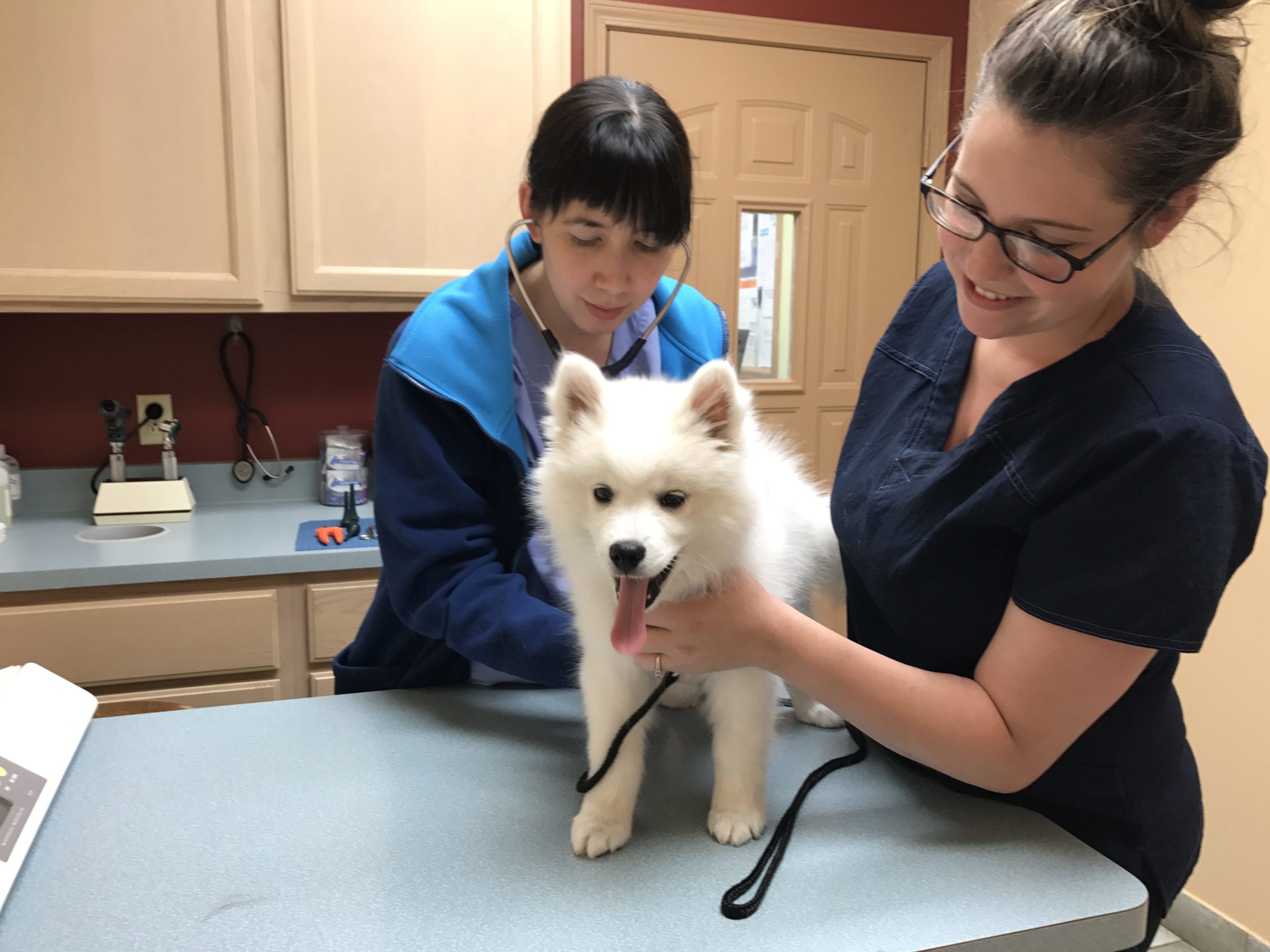Does Your Vet Check Your Dog’s Vitamin D Level?
Vitamin D is a fat-soluble vitamin that is vital to your dog’s health. It regulates the calcium and phosphorous balance in your dog’s body.
Veterinarians are recognizing the importance of Vitamin D and should be testing your dog for it, regardless of whether your dog appears to be healthy.
Vitamin D Toxicity

We are more likely to be familiar with vitamin D toxicity in dogs when they ingest rat poison. Immediate action is taken and blood tests show abnormally high levels of calcium and phosphorous in the blood.
The dog may also be bleeding from various body sites due to the blood no longer being able to clot due to excessive loss of platelets. Your dog may also have an abnormally slow heartbeat.
Treatment for vitamin D toxicity requires hospitalization and the first 72 hours are critical in saving the life of your dog. It is very expensive, requiring periodic blood work to determine the dog’s calcium and phosphorous levels.
Vitamin D Insufficiency
We are less likely to be familiar with vitamin D insufficiency but more studies are revealing the importance of this vitamin to your dog’s health.
When my American Eskimo Schatzi began having seizures at the age of 13, blood tests revealed insufficient vitamin D. According the Dr. Jean Dodds in her book Canine Nutrigenomics, many studies show that vitamin D deficiency plays a key role in cancer development. Schatzi passed away from brain cancer.
Vitamin D can actually kill cancer cells in humans and mice so perhaps if Schatzi had sufficient levels of vitamin D, she would have not developed cancer.
Cornell University’s College of Veterinary Medicine conducted a recent study on 82 companion dogs that compared the blood levels of vitamin D in dogs with congestive heart failure to that of healthy dogs.
The dogs with CHF had lower levels of vitamin D. These low levels are also associated with poor survival rates in the dogs. Adding vitamin D to the diets of dogs with CHF may be beneficial to them.
What is the Suggested Level for vitamin D?
Michigan State University’s Diagnostic Center for Population and Animal Health suggests a range that is lower than more recent studies for healthy ranges for vitamin D. Their standard reference range for 25 (OH)D status in dogs considers levels from 24 – 86 ng/ml as within normal limits.
My 10-month old puppy is in the 68.1 range which is considered insufficient by VDI Lab Services. According to this lab, Gusto’s vitamin D level should be between 100 and 150.
What Should You Do?
The Vitamin D Council writes that when adult dogs were supplemented with vitamin D dosages at 5 times the recommended daily intake from the NRC, their levels did not significantly improve.
Gusto’s holistic veterinarian told me that vitamin D insufficiency is caused by poor protein in the diet. Sunshine has no effect on vitamin D level in dogs like it does in humans.
Gusto eats raw food, cooked food, dehydrated raw food, canned food and premium kibble and has supplements added to his diet. We recently added RxVitamins RxD3 to his diet and will check his vitamin D level after 8 weeks to see if it has improved.
Dr. Robert Silver explains why he developed this D3 supplement for RxVitamins in the video below.
Foods that are high in vitamin D include cod liver oil (watch for purity); sardines; salmon (Gusto loves salmon); mackerel; tuna; raw milk; caviar and eggs.
Watch for Updates
It is obvious that further research needs to be done to find the dosage needed for adult dogs to meet their metabolic needs and to promote optimal health. Be aware that your puppy too should be tested for insufficient vitamin D so that you can avoid the serious diseases that are associated with this lack.
Have you been testing your dog’s vitamin D levels?
Come back for more Miracle Living With Gusto,
Amelia

I have never tested Layla for it but my vet has told me that what she is eating food wise with the supplements she is incredibly healthy. I though will bring this up the next time I visit him. Thanks for the great post
This is really interesting. I had no idea that vitamin D deficiency was a thing in dogs. I have had issues with it myself, but never thought of having Ruby screened.
I never knew that dogs could suffer from Vitamin D deficiency. I wonder if the same is for cats?
I did not see any research for cats. You may want to check out Cornell University since they do a lot of research on felines.
I have never seen this value measured on any of the routine blood tests we did. Come to think of it, it’s interesting why not.
I go to a holistic vet that follows through with what she is learning…thus, the additional test for vitamin D.
My vet normally only tells me if anything is abnormal and doesn’t give me the lab result. I just checked my file, since I did get Chipper’s blood test a few weeks before he died, and it was just a lipid panel. I’ll have to ask for this paperwork. My Cassie also died of a brain tumor and had leukemia.
Very informative post. I always thought dogs would get vitamin D like we do, mostly from the sun.
We learn something new everyday. I like to do additional research since time in the vet’s office can be limited and I am not given all of the details as a result.